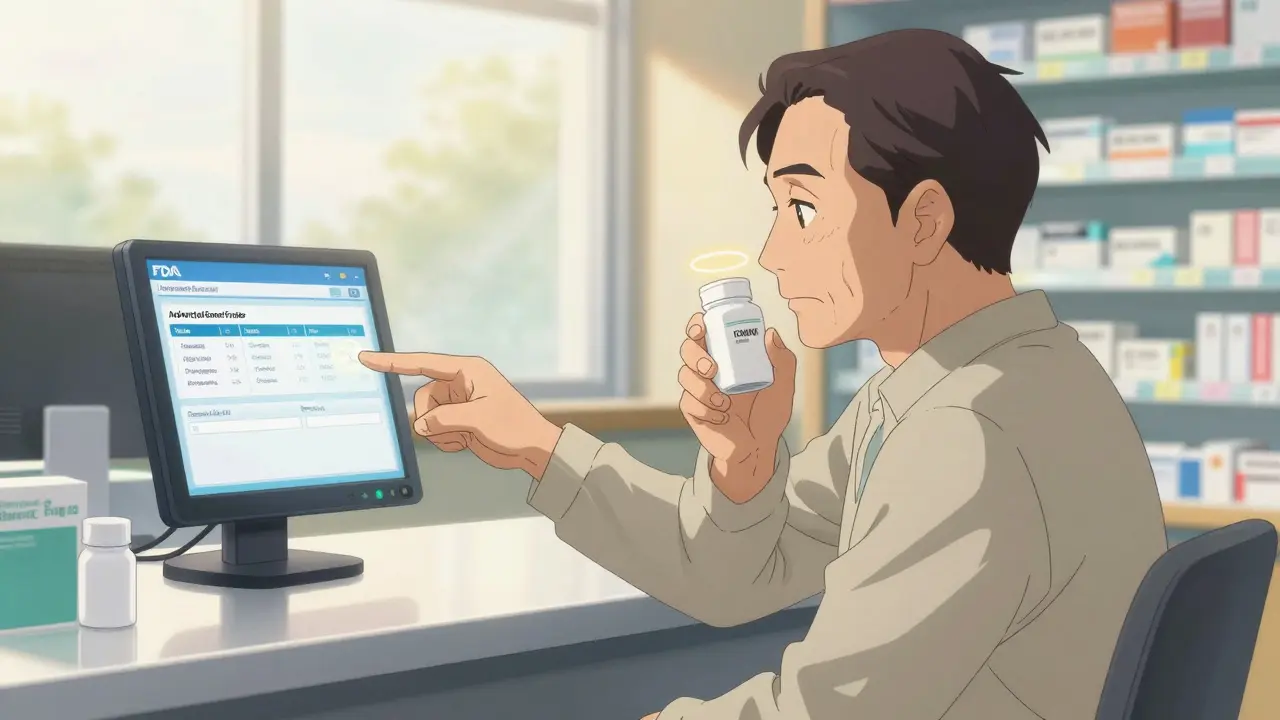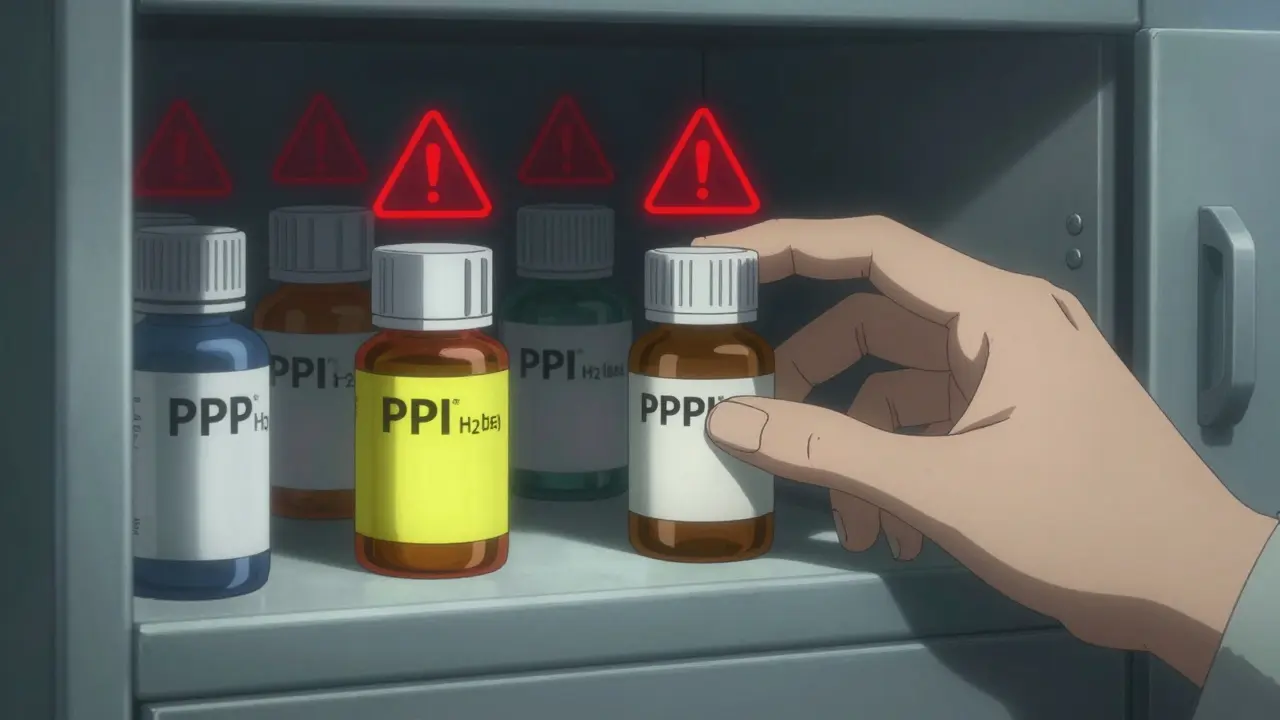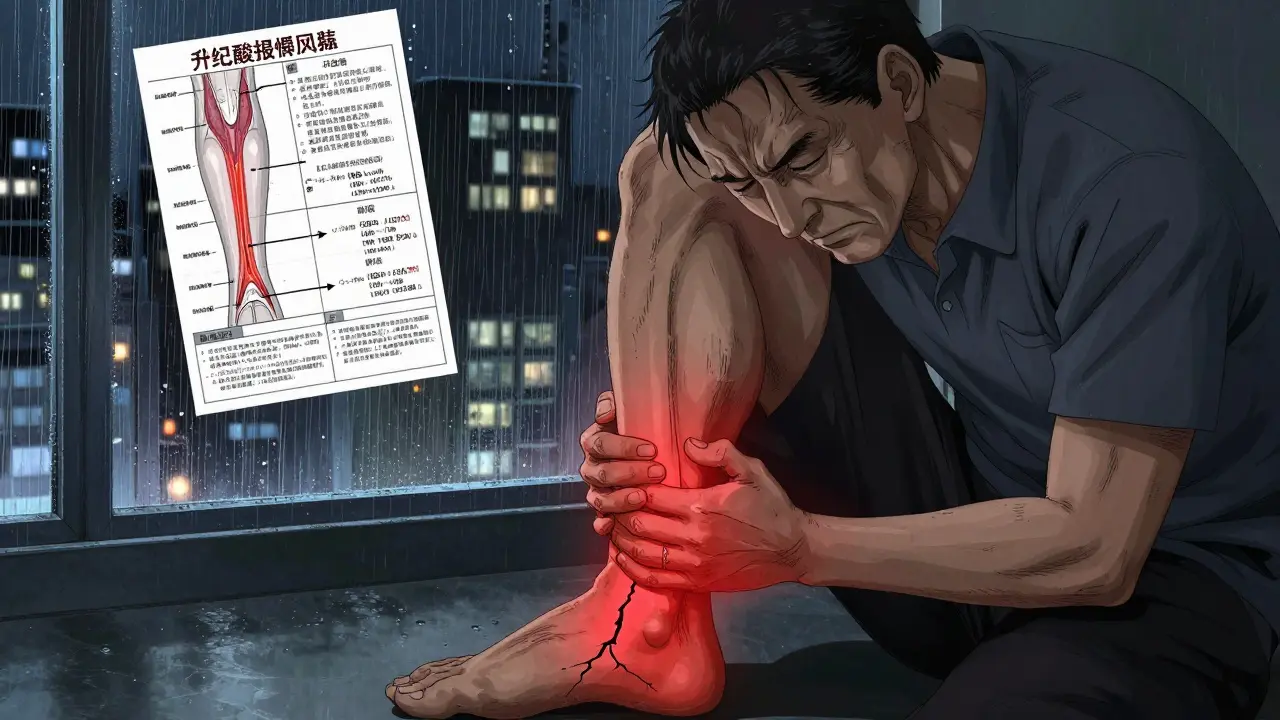Antiparasitic Drugs – What They Are and How They Work
If a bug has taken up residence inside you, an antiparasitic medication is what you need to kick it out. These drugs target parasites—worms, protozoa, and some tiny insects—that can cause anything from tummy aches to skin rashes. Unlike antibiotics, which fight bacteria, antiparasitics focus on the life cycle of the parasite, stopping it from growing or reproducing.
Most antiparasitics come in pills, creams, or liquid form. The right choice depends on the type of parasite and where it’s causing trouble. For example, a single dose of mebendazole can clear a roundworm infection in the gut, while a topical cream like permethrin is used for scabies on the skin. Knowing the parasite type is the first step to picking the right drug.
Common Parasites and When to Seek Help
Here are the usual suspects you might run into:
- Intestinal worms – pinworms, roundworms, and tapeworms often cause itching, abdominal pain, or weight loss.
- Protozoa – Giardia and Entamoeba can give you watery diarrhea, bloating, and fatigue.
- Skin parasites – scabies mites and lice cause intense itching and visible rashes.
If you notice persistent itching around the anus, unexplained stomach cramps, or a rash that won’t go away, it’s time to see a doctor. A quick stool test or skin scraping can confirm the culprit. Early treatment not only stops symptoms but also prevents the parasite from spreading to family members.
Choosing and Buying Antiparasitic Medication Safely
When you get a prescription, follow these tips to stay safe:
- Check the pharmacy’s credentials. Look for a registered UK pharmacy, a clear address, and a professional license number.
- Know the dosage. Antiparasitics often require a single dose or a short course. Taking more than advised won’t make it work faster and can increase side‑effects.
- Watch for interactions. Some antiparasitics can clash with other meds, especially blood thinners or anti‑seizure drugs. Ask your pharmacist if you’re on other prescriptions.
- Store correctly. Keep tablets in a cool, dry place and creams sealed tightly. Heat or moisture can reduce effectiveness.
- Read the side‑effect list. Most antiparasitics are mild, but you might feel nausea, headache, or skin irritation. If symptoms get worse, call your healthcare provider.
If you need to buy medication online, stick to reputable sites that require a prescription. Avoid “no‑prescription” offers that sound too good to be true – they often sell counterfeit pills that can be dangerous.
Finally, remember that prevention is half the battle. Wash hands after using the bathroom, cook meat to safe temperatures, and use insect repellent when traveling to high‑risk areas. A clean lifestyle reduces the chance of picking up a parasite in the first place.
With the right info and a trustworthy pharmacy, dealing with a parasite becomes a straightforward fix rather than a scary mystery. Stay alert, follow the dosage, and you’ll be back to feeling normal in no time.

Acticin Cream: Safe and Effective Scabies & Lice Treatment Explained
Acticin (permethrin cream) is a go-to prescription for scabies and head lice. Learn how it works, usage tips, safety info, and what real relief looks like.




